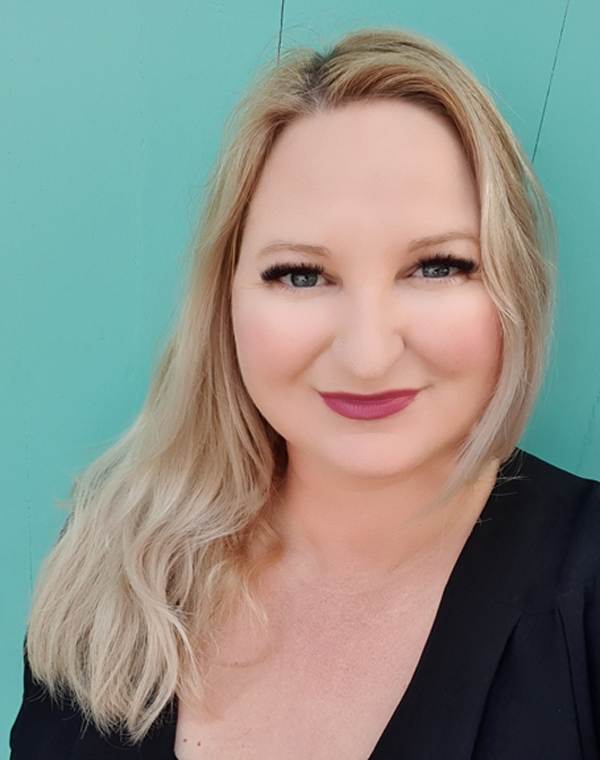Navigating the Paths of Oracle Deck Publishing: Self, Traditional, and Hybrid
In the world of oracle decks, creators have a variety of publishing options available to them. Each path – self-publishing, traditional publishing, and hybrid publishing – offers unique advantages and challenges. Understanding these can help aspiring deck creators choose the best route for their project.
Self-Publishing: The Independent Route
Self-publishing has become increasingly popular and accessible, offering creators complete control over their oracle deck from design to distribution. This is my preferred route because I love the creativity and control.
- Pros:
- Creative Control: Self-publishing means you have the final say in every aspect of your deck, from artwork to card quality.
- Higher Royalties: Without a publisher taking a cut, you retain more profits from each sale.
- Speed to Market: You decide your own timeline for release, which can be much faster than traditional publishing routes.
- Cons:
- Upfront Costs: All the costs – printing, marketing, distribution – are yours to bear.
- Marketing and Distribution: Without the support of a publishing house, you are responsible for marketing and getting your deck into stores and online platforms.
- Quality Control: It’s on you to ensure the quality of the deck, which can be daunting without professional assistance.
Traditional Publishing: The Guided Path
Traditional publishing involves submitting your oracle deck to established publishers and, if accepted, working with them to bring your deck to market. Most card deck creators dream of being published by a major brand, like Hay House. It gives you credibility and kudos!
- Pros:
- Professional Support: You benefit from the expertise of seasoned professionals in design, marketing, and distribution.
- Lower Financial Risk: The publisher absorbs most of the financial risk and upfront costs.
- Broader Distribution: Established publishers have networks to place your deck in a wide range of stores and online platforms.
- Cons:
- Loss of Creative Control: Publishers often have a say in the final product, which might lead to changes in your original vision.
- Lower Royalties: Profits are shared with the publisher, meaning you earn less per deck sold.
- Longer Time to Market: The publishing process can be lengthy, often taking years from submission to release.
- Self Promotion Still Required: A lot of people want the publisher to promote their book, but these days, you will need to do a lot of the promotion yourself and it pays to have a good following on social media.
Hybrid Publishing: A Middle Ground
Hybrid publishing blends elements of self and traditional publishing. You might pay for some services, but you also get professional assistance and access to distribution channels.
- Pros:
- Professional Assistance: Like traditional publishing, you get expert help, but with more say in the final product.
- Flexibility: Hybrid publishing can be more flexible in terms of creative control and timelines.
- Distribution and Marketing Support: While not as extensive as traditional publishing, hybrid publishers often offer some level of support in these areas.
- Cons:
- Upfront Investment: You'll need to invest in the services provided by the hybrid publisher.
- Quality Varies: The level of support and quality can vary widely among hybrid publishers.
- Profit-Sharing: Like traditional publishing, you'll share profits, although typically more favorable than traditional deals.
Choosing the right publishing path for your oracle deck depends on your priorities, resources, and goals.
Do you value creative control above all? Consider self-publishing.
Prefer professional support and are willing to compromise on creative control? Traditional publishing might be your path if you can get a contract.
Or, if you're looking for a balance of both, hybrid publishing could be the answer.
Whichever route you choose, your passion and dedication to your oracle deck will be the key to its success.

